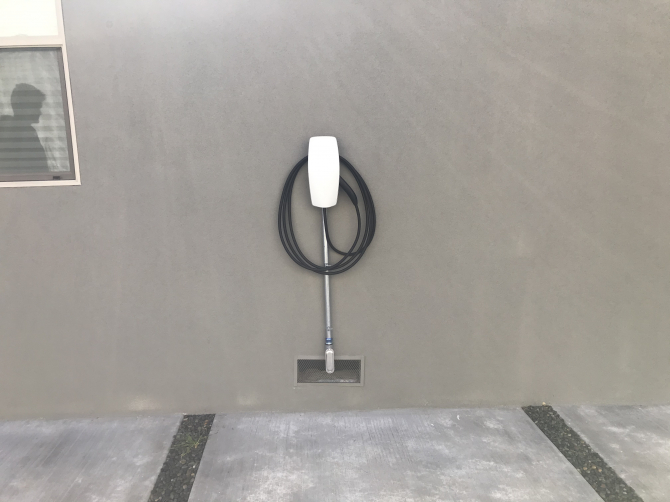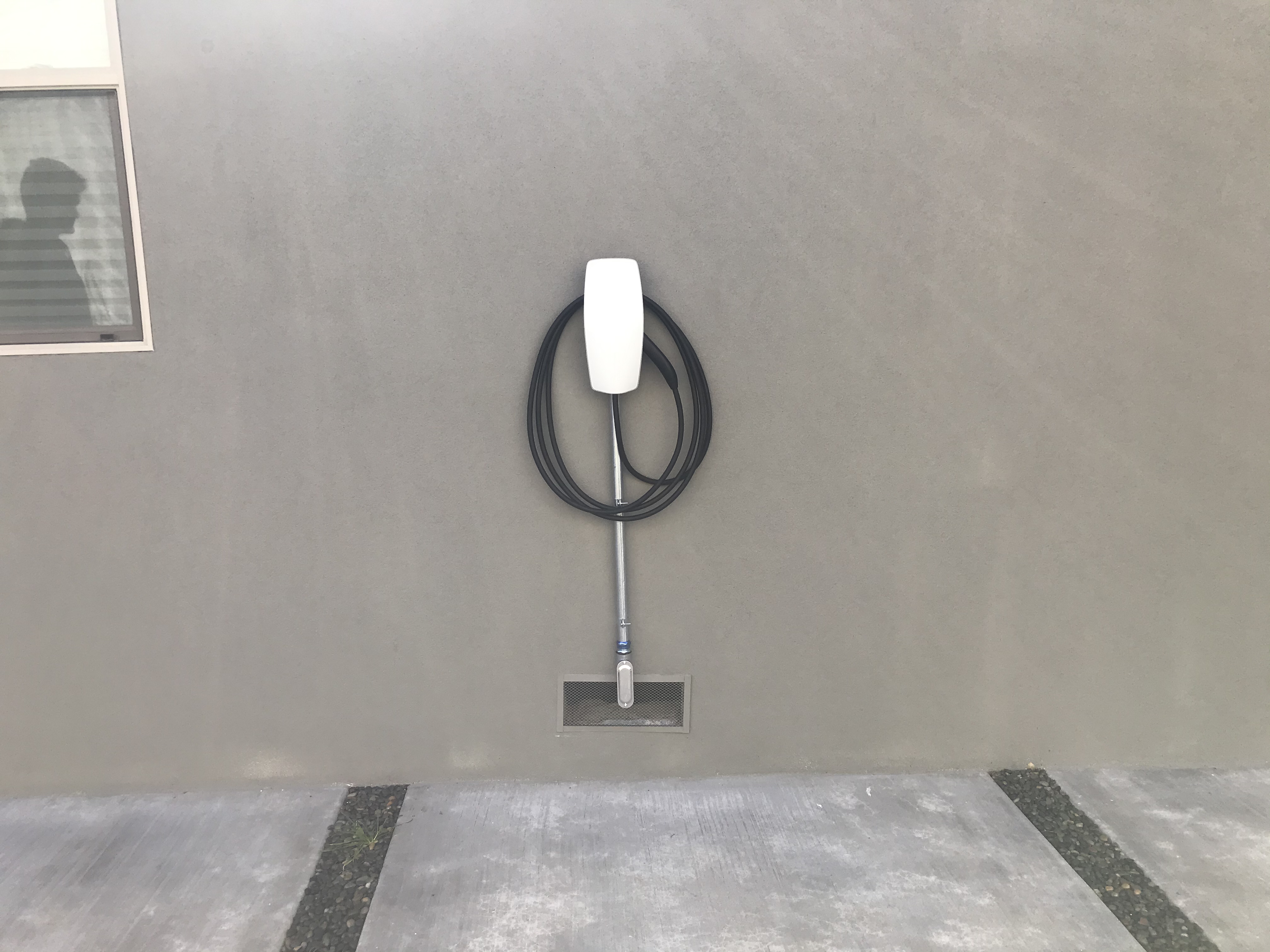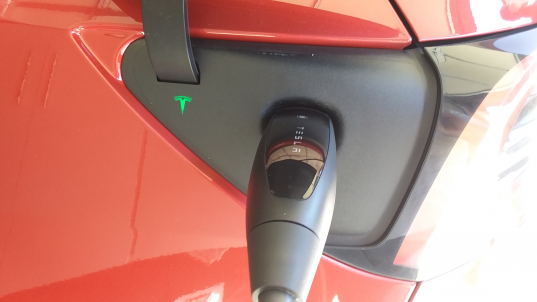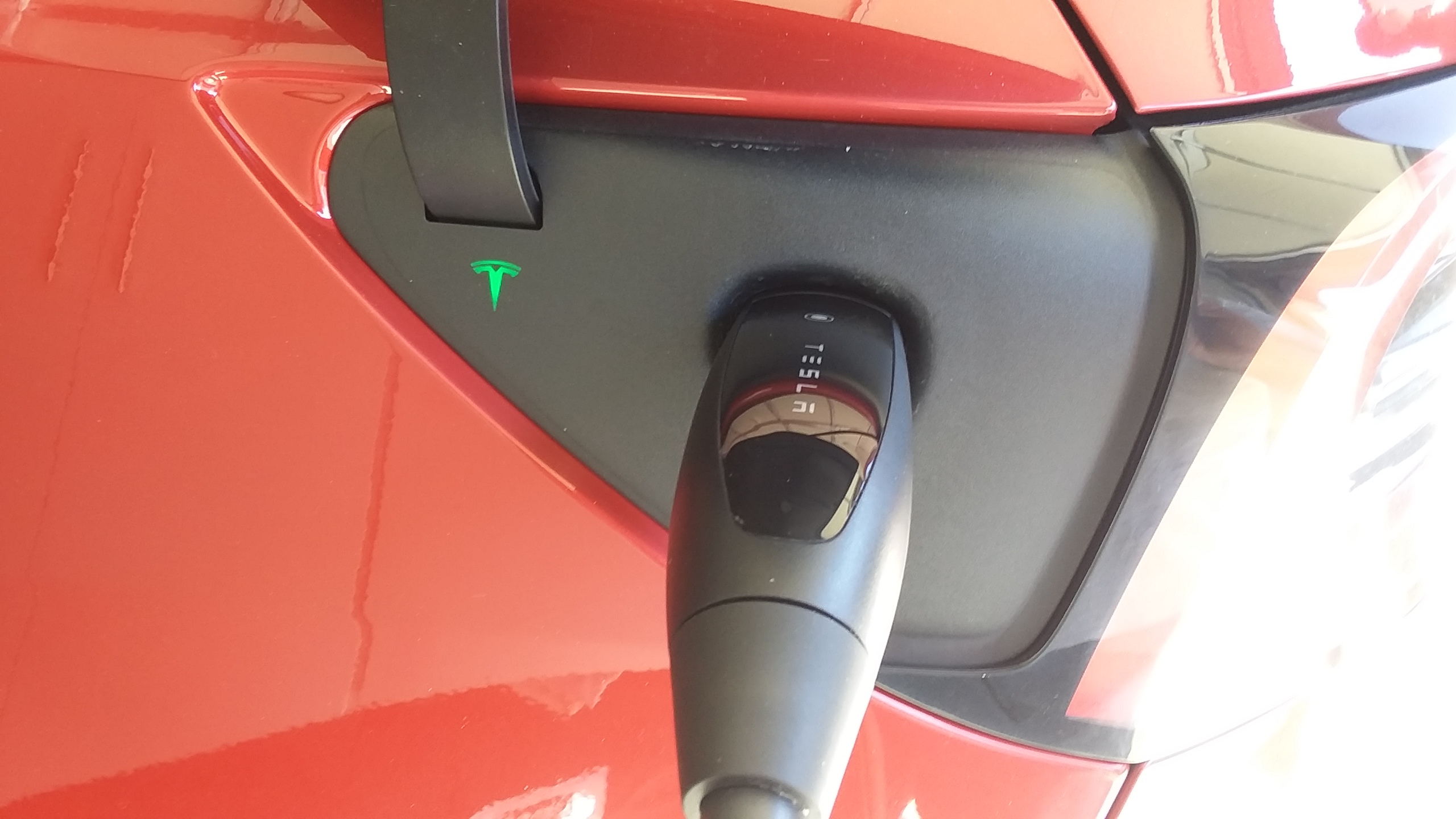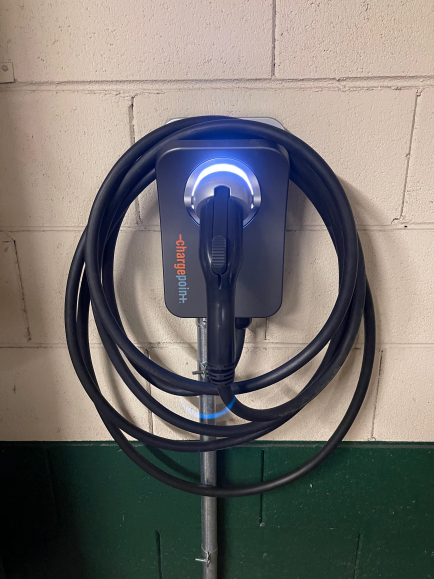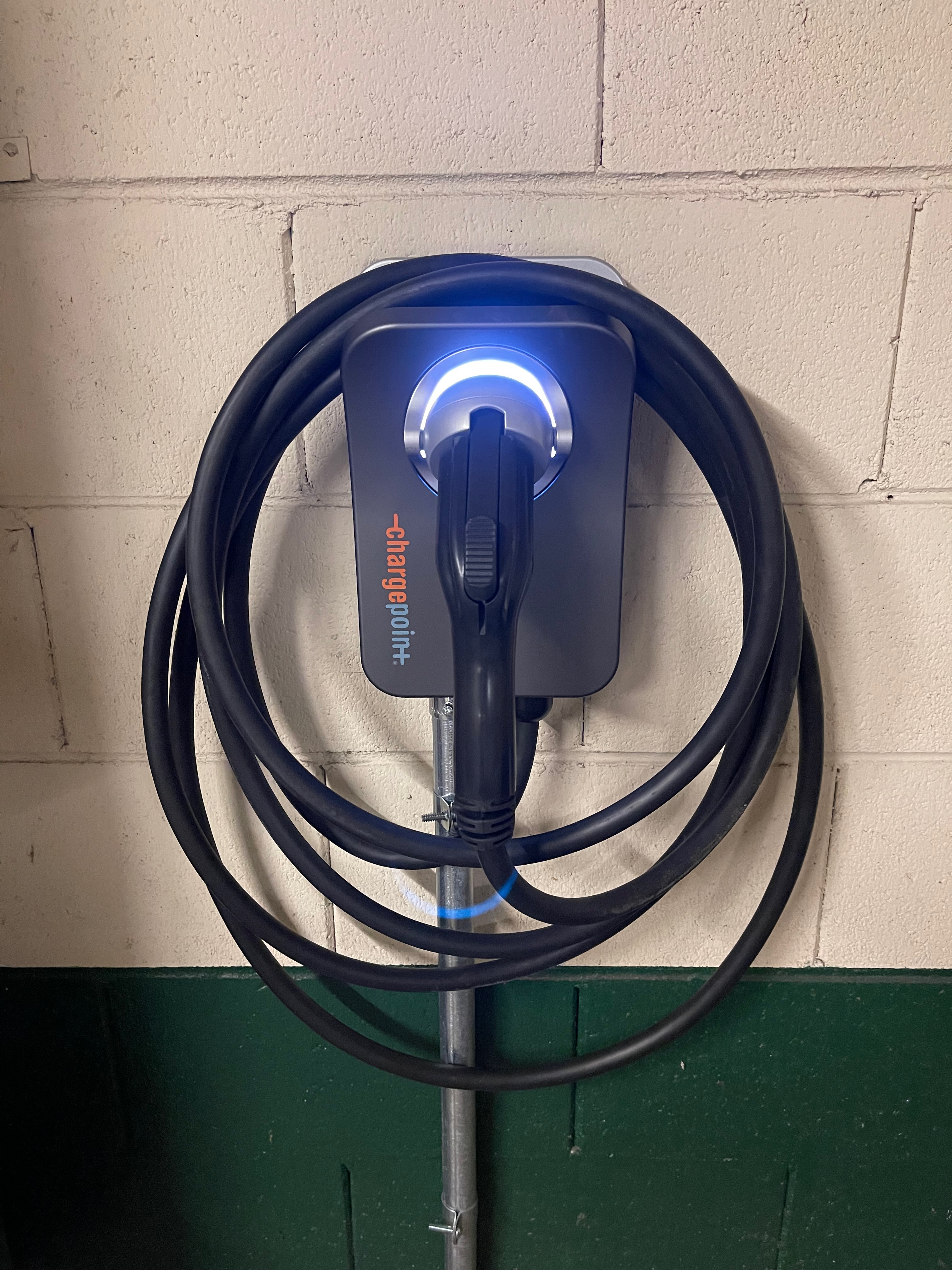INS AND OUTS OF LEVEL 2 EV CHARGING UNITS FOR YOUR PRIVATE HOME
Written By Suzanne Stougie
Whether you’re a happy EV driver or considering becoming one, charging your car’s battery while you sleep or relax at home is one of the great advantages of going electric. Here are the main considerations when contemplating a wall-mounted unit for your private home.
Reasons for an upgrade For those prone to daily drives over longer distances, upgrading to a Level 2 charging unit is a good investment. A Level 2 unit will charge at 10 to 30 miles of driving range per hour, depending on the amperage of your unit – a 50-amp charger, for instance, adds around 37 miles an hour to your battery! – giving you a lot more distance to play with once you rev up your ride in the morning. The surety of having a level 2 charger is a huge leap forward in reducing that pesky range anxiety.
What are the requirements?First of all, you need to be able to park your car close to your home. Will your EV fit in your garage, driveway or carport?
Furthermore, a Level 2 home charging unit needs a 240-volt electrical circuit. They’re pretty much standard in new homes, but if you don’t have one, you’ll need a certified electrician to install it beforehand. At EVCharge4U, we do this on the daily.
The actual charging speed of a Level 2 charger will depend on its amperage level. For today’s EVs, a 32-amp charger will do, but if you want to future-proof your set-up, you could go up to a 50-amp charger. If your electrical system can handle it, that is.
Last but not least, your charging equipment must comply with local, state, and national codes and regulations. Depending on the state you’re in, you may need to get a local permit. In the state of California, for instance, you will need a permit. The National Electrical Code requires the amperage of your electrical circuit to be 25% higher than the charger’s output – for a 32-amp charger, you’ll need a circuit that can handle 40 amp.
There’s Level 2 and then there’s Level 2Once you’ve decided to get yourself a charging unit, your options range from basic to smart. Whereas most basic units are robust, weatherproof and offer standard safety features, more upmarket options come with bells on – keypads, multi-colored displays, timers, and the like. Some have apps that help you schedule your charging, track costs and mileage and help you find a charge point away from home if you’re ever running out of miles. Others have been tested and verified and come with a warranty. If you like, you can opt for a company offering 24/7 support that’s only a phone call away.
